Over the July 4th weekend, Chicago witnessed a harrowing surge in gun violence with 19 deaths and over 100 injuries.
In the aftermath, Mayor Brandon Johnson pointed a finger back through decades to former President Richard Nixon, igniting a fiery debate on accountability and historical influence.
Mayor Johnson’s Bold Historical Connection
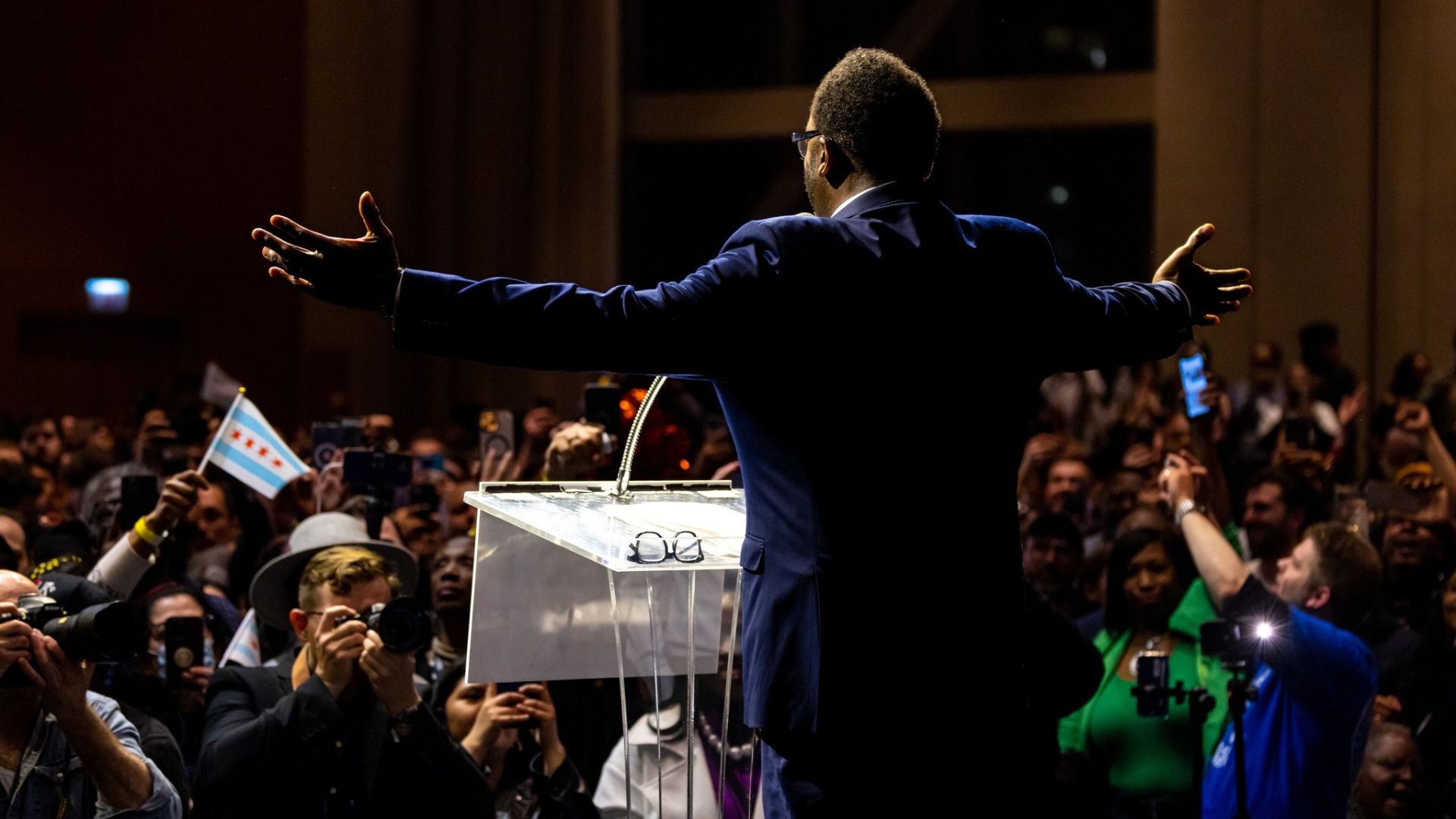
“Let’s tell the full story of what happened,” Mayor Johnson urged during a press conference, suggesting that the seeds for today’s violence were sown during Nixon’s era.
His comments have stirred controversy and criticism for connecting current city violence with past presidential policies.
Nixon Foundation Fires Back
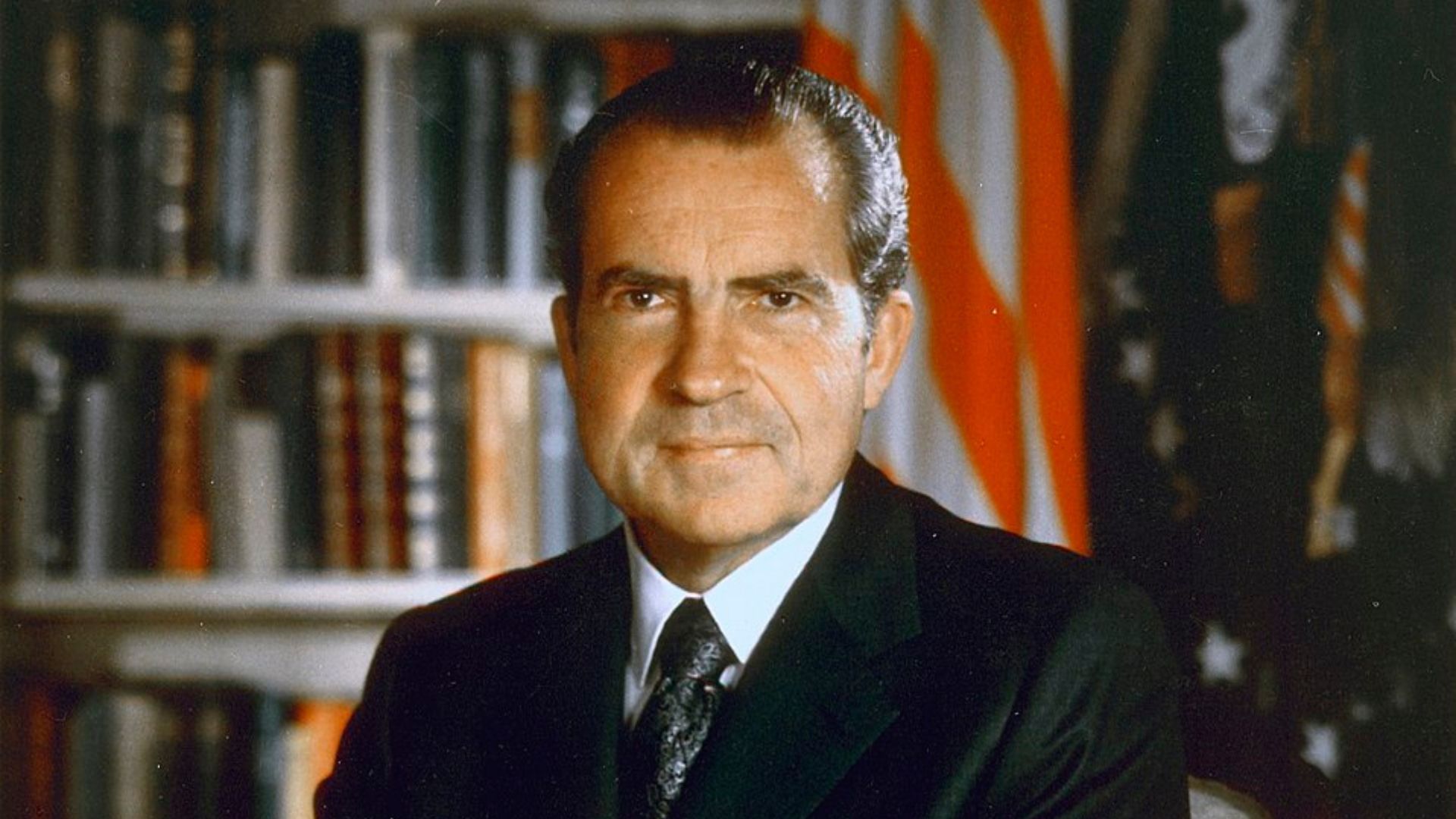
Responding to Johnson, the Nixon Foundation defended the former president’s record. “Richard Nixon was a champion of civil rights,” stated Jim Byron, the foundation’s president.
This rebuttal highlights a clash over Nixon’s legacy and his impact on modern social issues.
Social Media Erupts in Debate
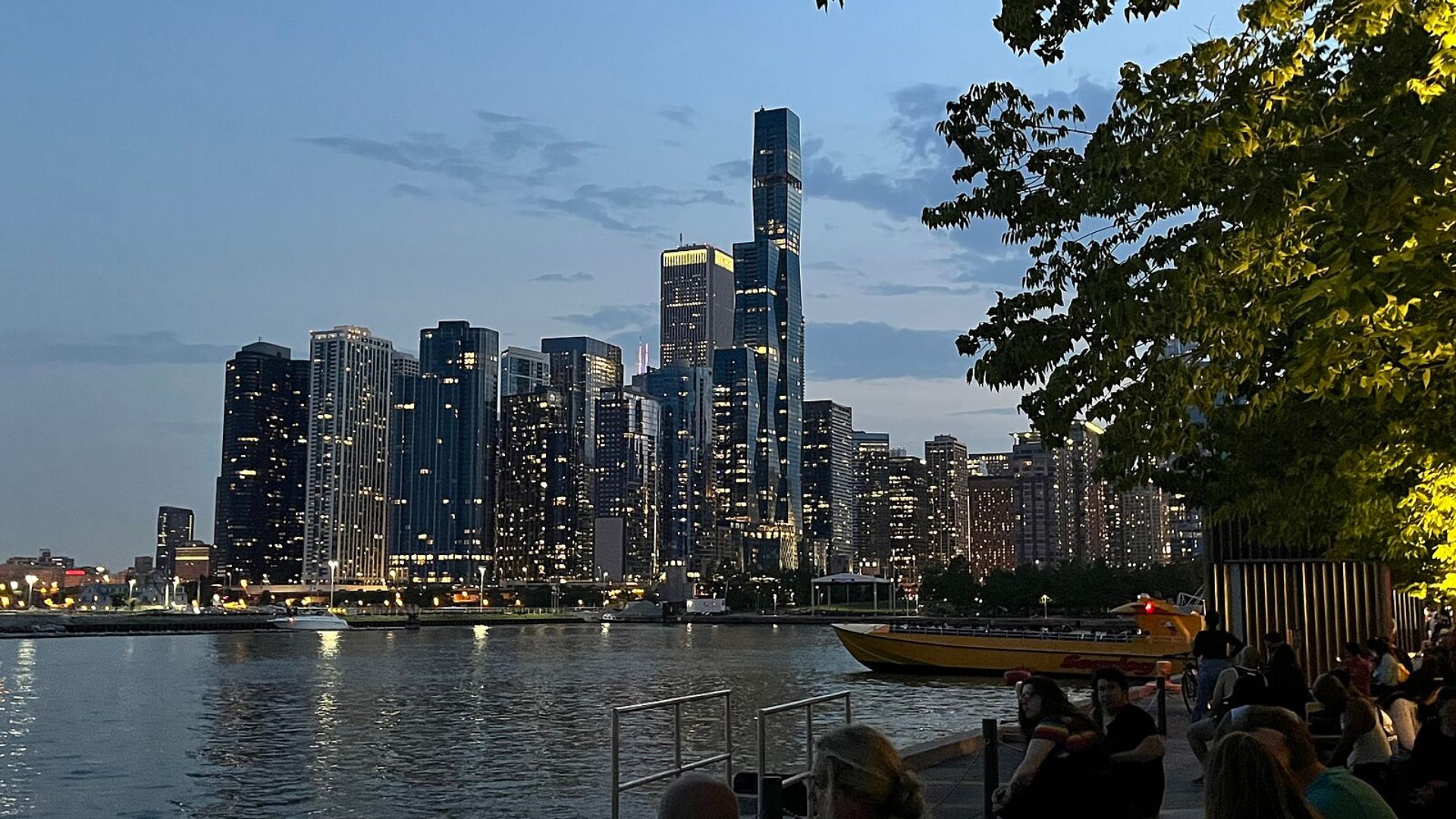
The foundation’s defense reached nearly one million views on X, formerly Twitter, showing significant public engagement.
“What is happening in Chicago is heartbreaking,” Byron added, criticizing the mayor for what he called a “ridiculous” blame game.
Conservatives Critique Chicago’s Leadership
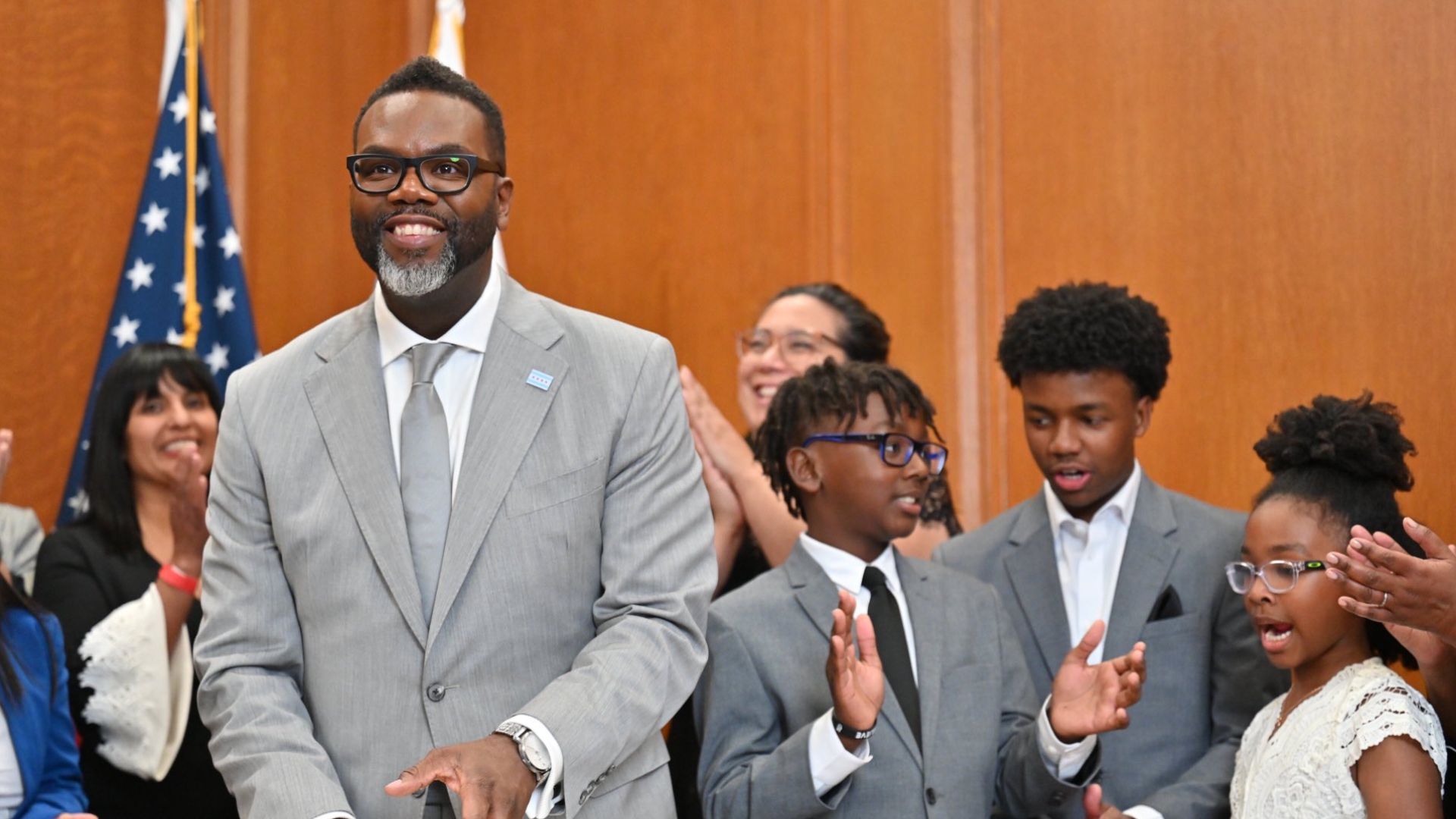
Echoing Byron, conservative voices online have described Mayor Johnson’s comments as off-base.
Digital strategist Greg Price shared a clip of Johnson’s remarks, sparking widespread discussion and disbelief on social media platforms.
Comedian Pokes Fun at Blame Shifting
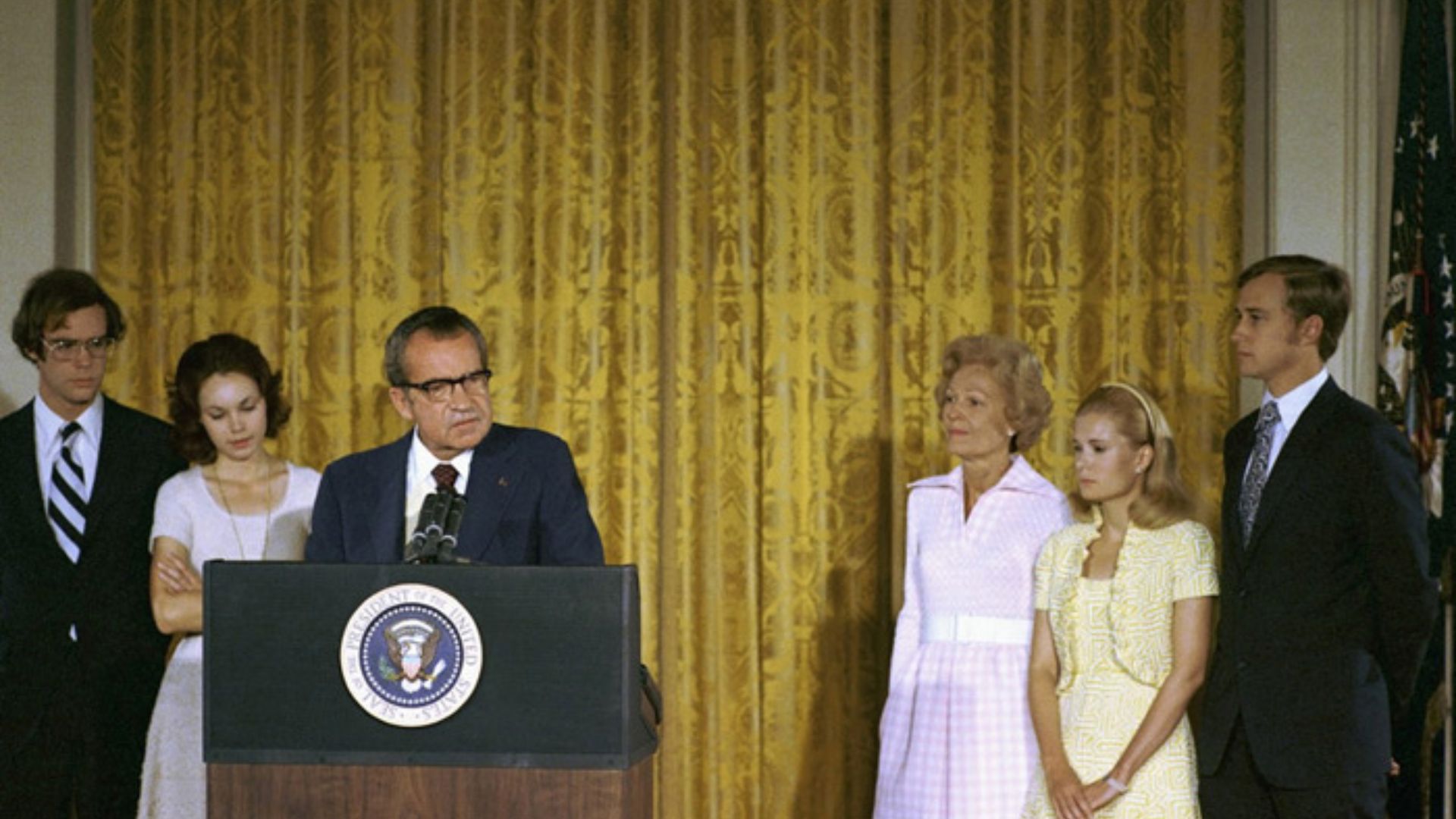
Comedian Tim Young quipped on X, “There were 109 shootings in Chicago this past weekend, so, of course, the Mayor blames RICHARD NIXON.”
His post captured the absurdity felt by many over Johnson’s historical blame.
The Echoes of Past Policies
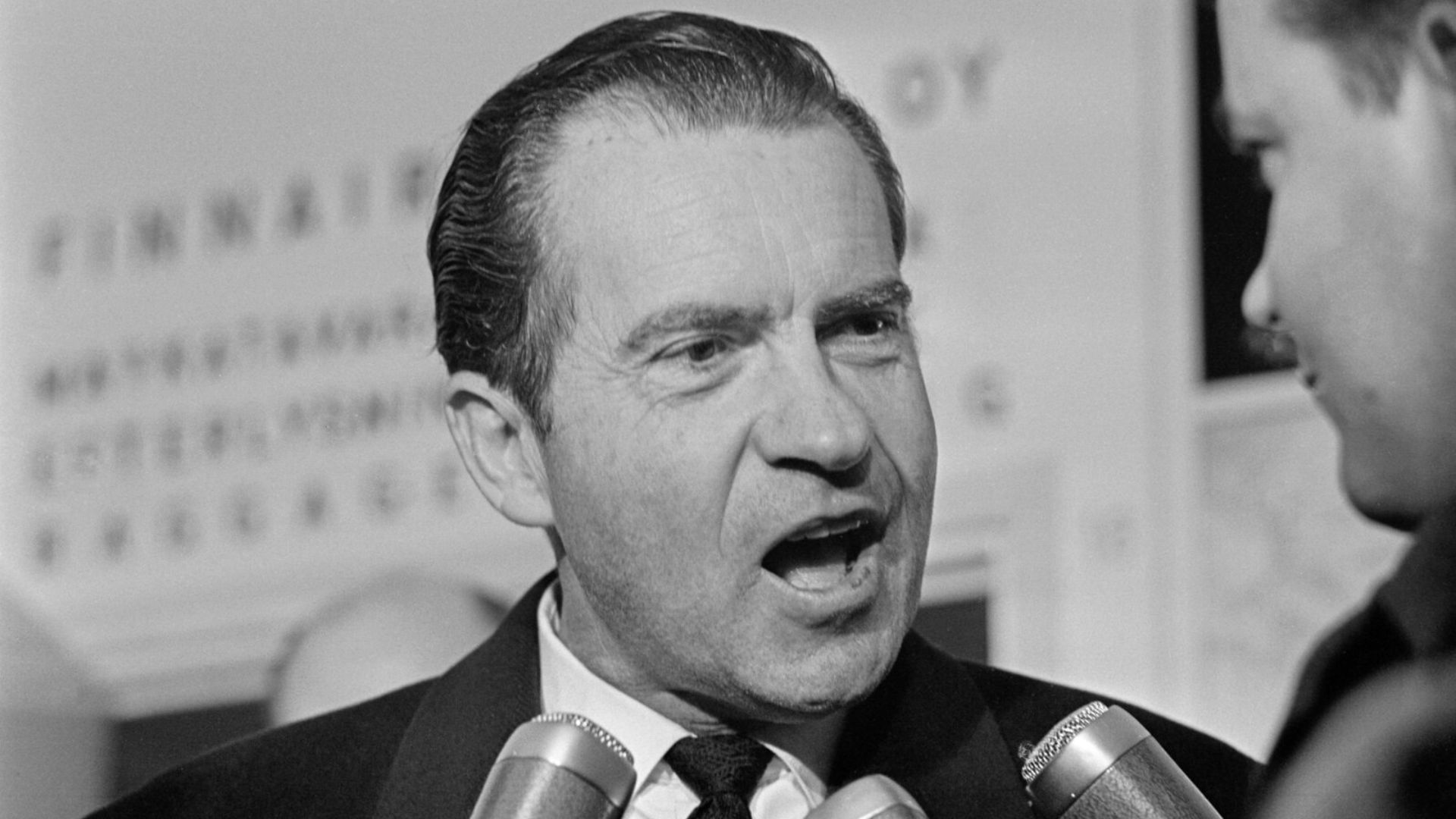
In defending Nixon, the foundation reminded the public of his efforts towards civil rights, including desegregating schools and supporting Black-owned businesses.
This paints a complex picture of Nixon’s presidency that challenges Johnson’s narrative.
A City’s Cry for Leadership

Jim Byron emphasized the need for local leadership in Chicago that “takes responsibility and works together to solve problems.”
This statement aims to shift focus from historical figures to current leaders in addressing urban crises.
Historical Impact or Political Diversion?
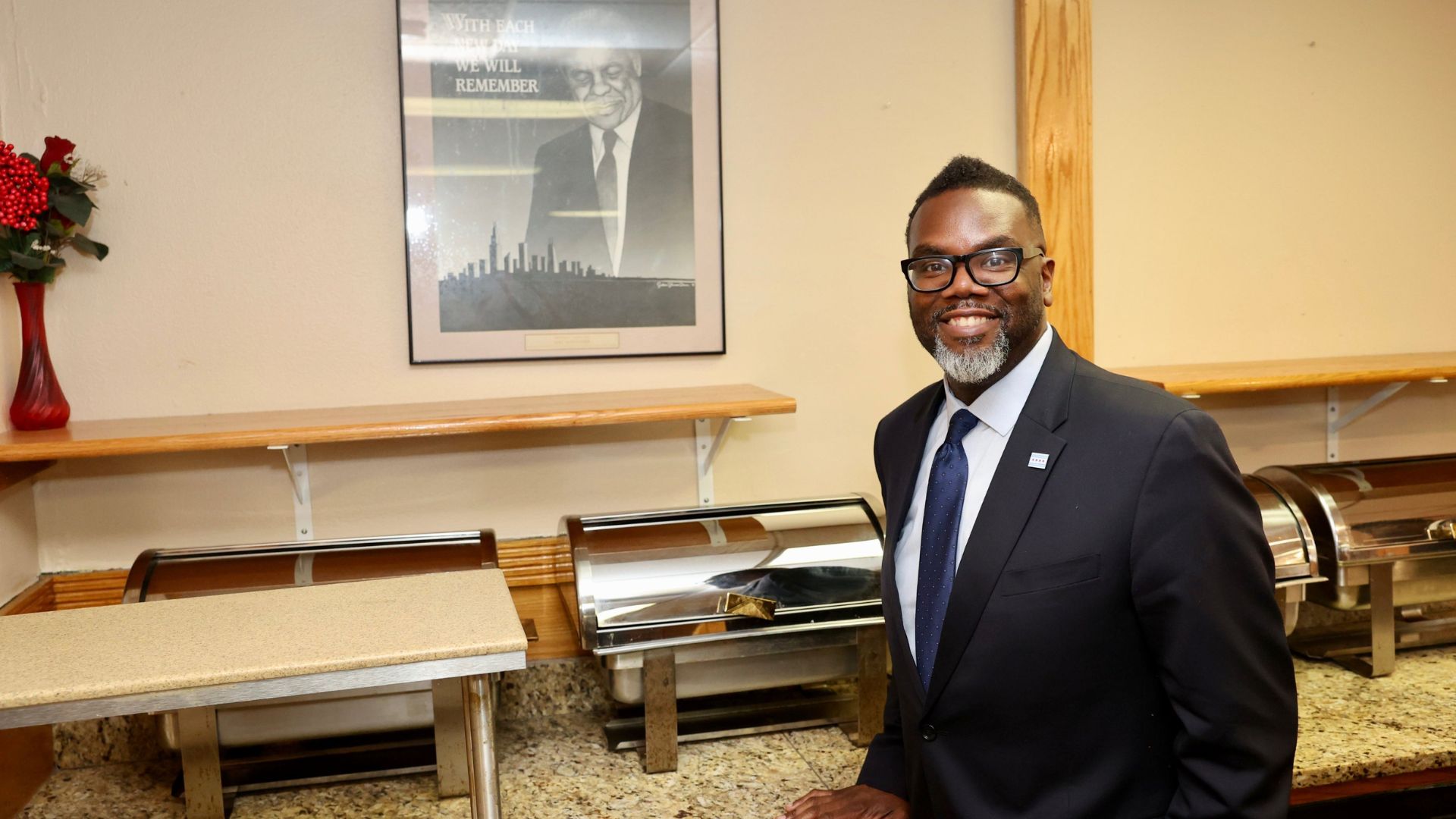
Critics argue that blaming historical figures diverts attention from pressing local governance issues.
The debate continues as both sides of the political spectrum dissect the influences that shape modern urban challenges.
Nixon’s Civil Rights Moves Highlighted
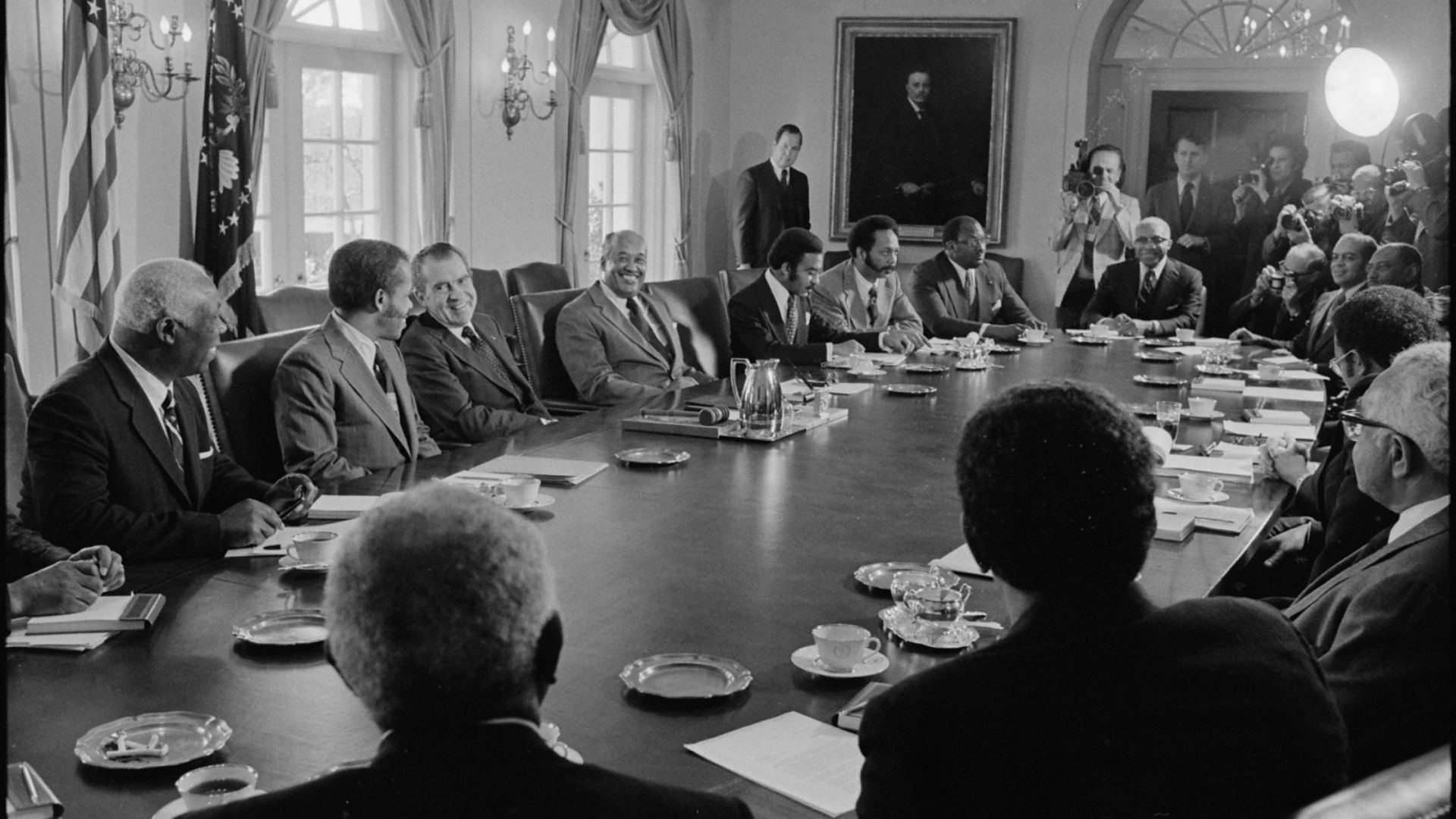
Amidst the controversy, the Nixon Foundation cited actions like an executive order promoting equal opportunity in federal agencies to illustrate Nixon’s commitment to civil rights.
This counters the negative portrayal by Mayor Johnson.
Comedic and Critical Takes on Social Media
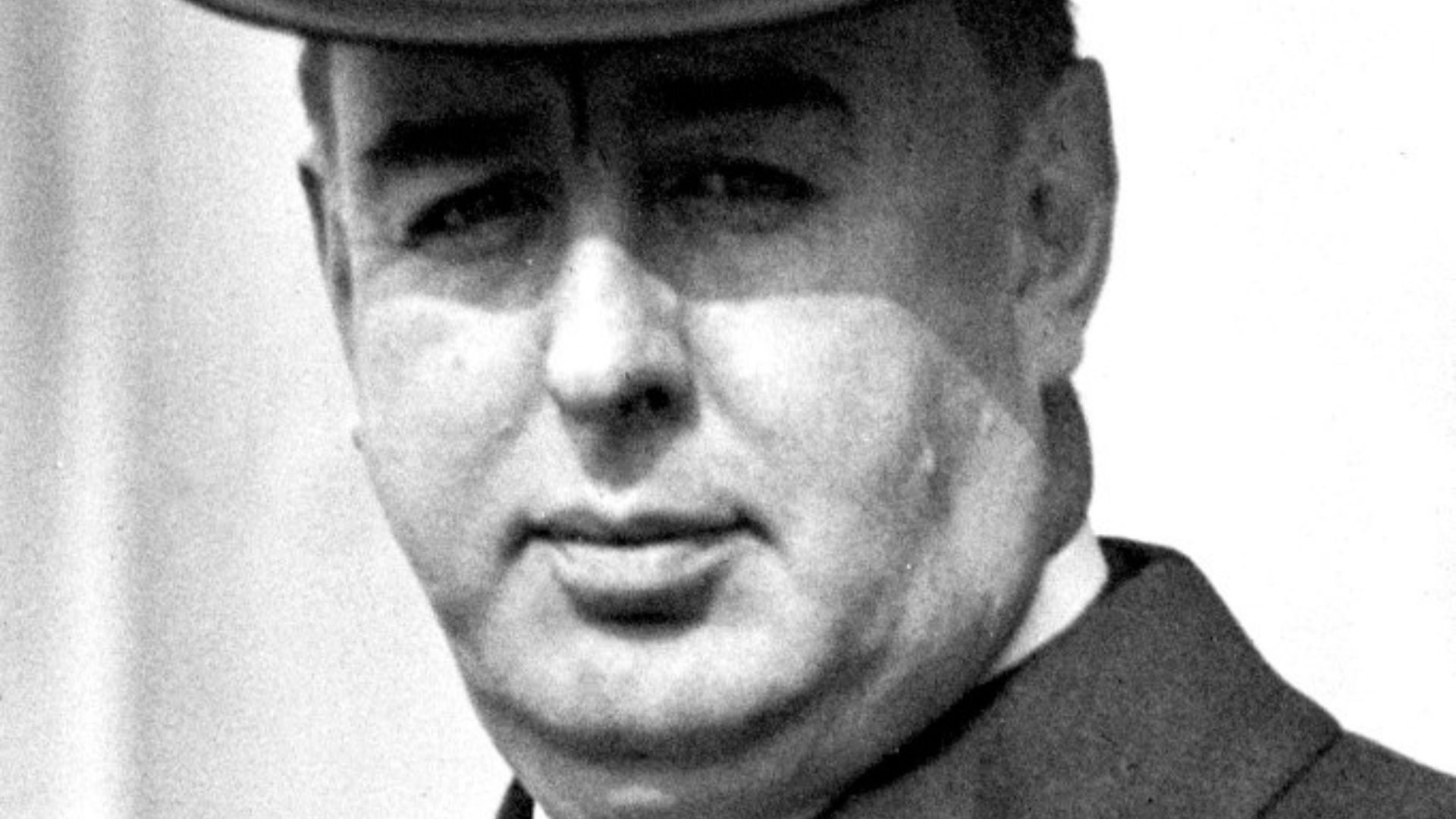
From comedians to commentators, social media responses ranged from sarcastic to serious.
Stephen L. Miller noted, “The last Republican mayor of Chicago was elected in 1915,” poking fun at the historical stretch Johnson made.
The Blame Game Continues
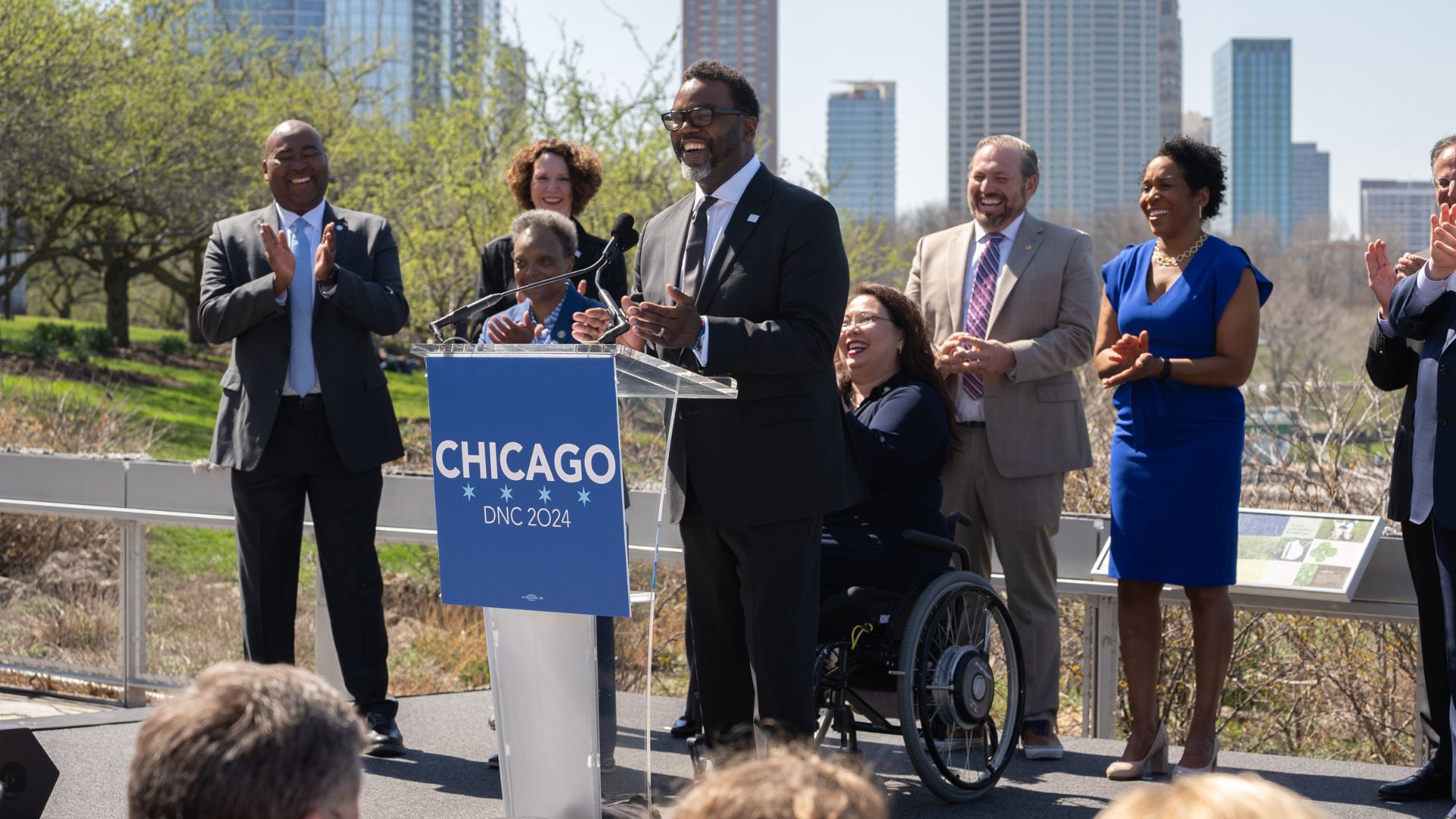
As the city reels from a violent weekend, the debate over historical responsibility versus present-day action remains heated.
With voices rising from all sides, the community’s urgent need for effective leadership and solutions stands out starkly against the backdrop of political rhetoric.
